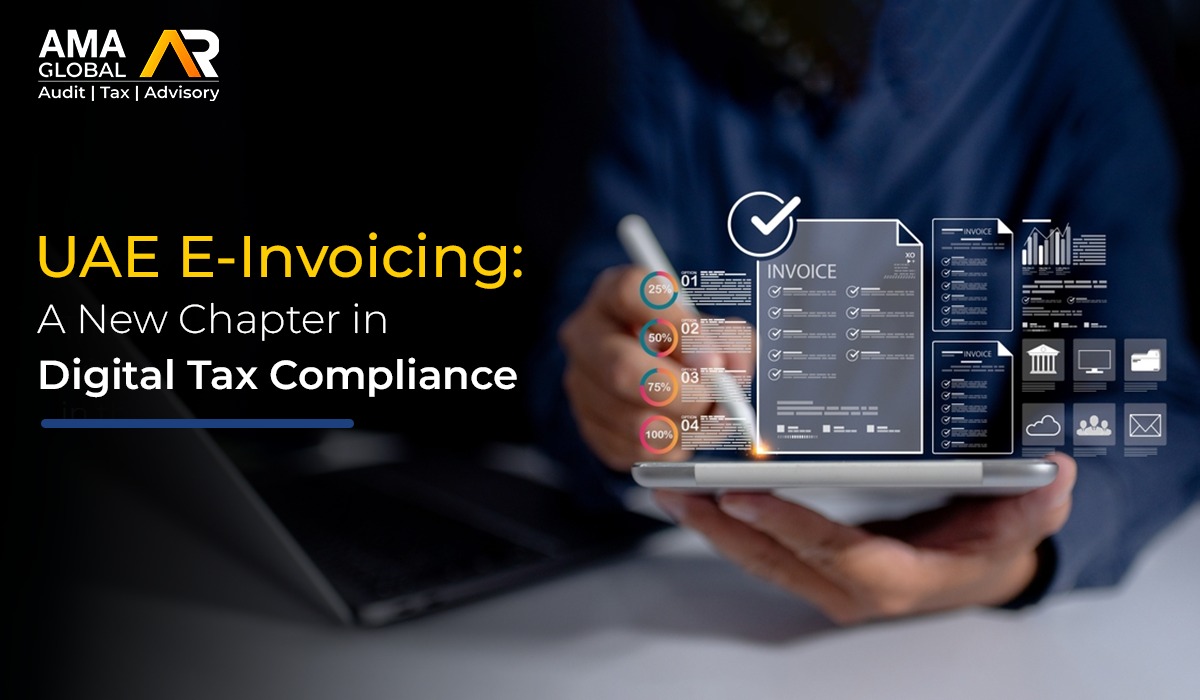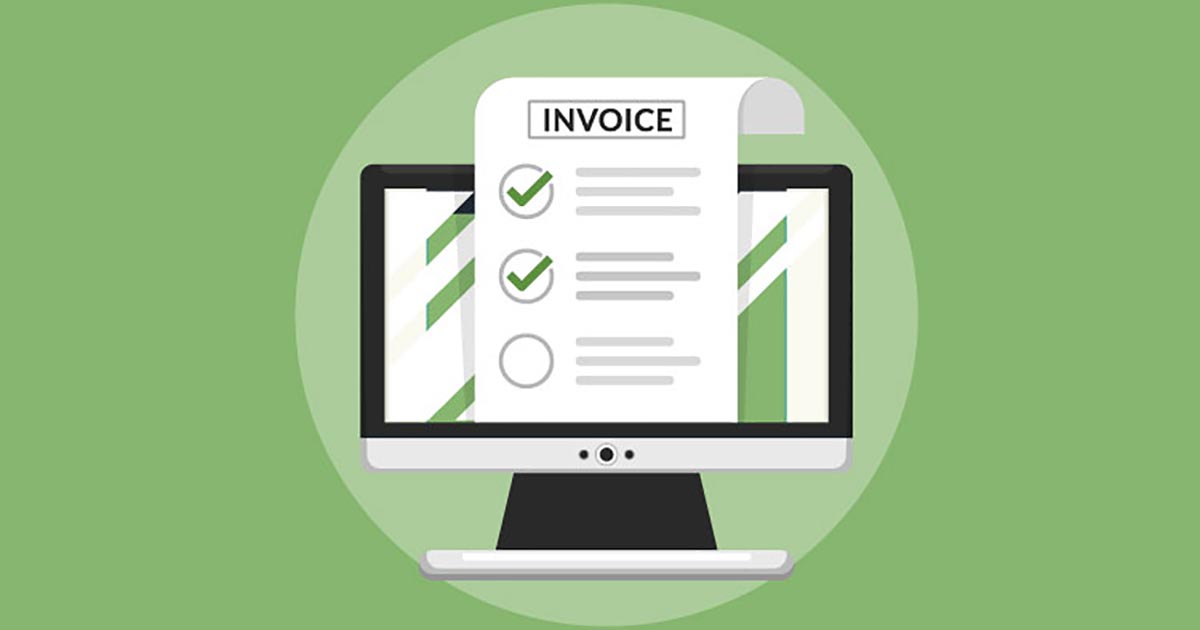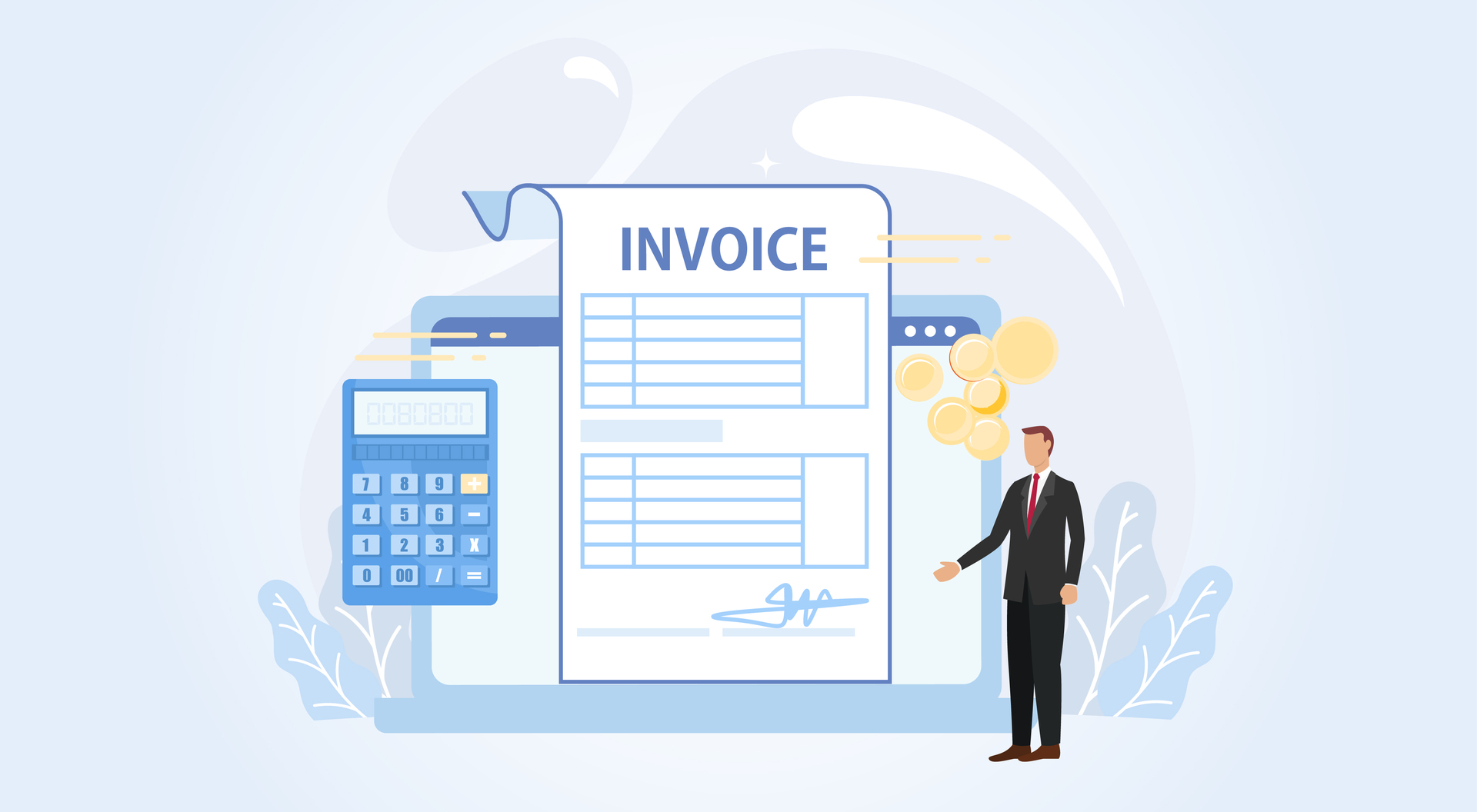
The UAE Ministry of Finance announced Ministerial Decisions No. 243 and 244 of 2025, laying the foundation for a transformative electronic invoicing (e-invoicing) framework. This landmark shift, set to roll out over several phases, heralds a new era of tax digitalization and compliance for businesses and government entities across the Emirates.
Implementation Timeline: How and When Does E-Invoicing Apply?
The UAE’s e-invoicing system will be introduced in carefully managed stages. This phased approach gives organizations time to prepare, update systems, and adapt operations systematically:
| Phase | Entity Type | ASP Appointment Deadline | Mandatory Implementation |
| Pilot | Selected businesses/ Voluntary | — | 1 July 2026 |
| Phase 1 | Businesses with annual revenue ≥ AED 50M | 31 July 2026 | 1 January 2027 |
| Phase 2 | Businesses with annual revenue < AED 50M | 31 March 2027 | 1 July 2027 |
| Phase 3 | Government entities | 31 March 2027 | 1 October 2027 |
From July 1, 2026, any business in the UAE can voluntarily adopt e-invoicing, provided they comply with the same technical requirements as those under the mandate.
Scope and Exemptions: What’s Covered—and What’s Not?
In Scope:
- Business-to-Business (B2B) transactions
- Business-to-Government (B2G) transactions
Currently Excluded:
- Business-to-Consumer (B2C) transactions (potential for future inclusion)
- Activities of government entities acting in a sovereign capacity
- Select international airline and transport services
- Exempt/zero-rated financial services
By focusing first on B2B and B2G, the UAE is creating a robust digital tax infrastructure that may expand to other transaction classes in the years ahead.
Key Requirements: What Do Businesses Need to Do?
- Issuance Timeline: All e-invoices and credit notes must be generated and transmitted within 14 days of the business transaction date; late or unreported invoices may trigger compliance actions.
- Self-Billing: Permitted where both issuer and recipient are VAT registrants and subject to defined controls.
- Agents: Agents may issue e-invoices and credit notes on behalf of principals where allowed under VAT rules.
- Accredited Service Providers (ASPs): Only approved ASPs can connect businesses to the e-invoicing network. Both issuers and recipients must contract with an accredited provider by the relevant deadlines.
Six Steps to Successful E-Invoicing Compliance
- Assess Applicability: Confirm if annual revenue meets mandatory phase thresholds.
- Identify Exclusions: Map out exempt transactions and processes for certainty.
- Impact Assessment: Align ERP/accounting systems and data capture with the MoF’s requirements.
- ASP Selection: Start engaging with accredited ASPs and finalize contracts before the appointment deadline.
- System Upgrades and Testing: Update infrastructure and run pilot/trial e-invoicing scenarios to identify and resolve gaps.
- Continuous Monitoring: Routinely review and enhance procedures to remain ahead of regulatory changes.
Early Movers Reap the Rewards
Adopting e-invoicing early isn’t just about meeting deadlines; it’s about future-proofing business. Proactive organizations get smoother onboarding, less risk of regulatory penalties, and significant operational benefits:
- Streamlined, less error-prone invoicing and tax reporting
- Real-time visibility and enhanced data management
- Better audit trails and transaction transparency
How AMA Global Audit Tax Advisory Supports Your Compliance Journey
At AMA Global Audit Tax Advisory, our integrated advisory and tax tech experts deliver:
- Readiness assessments tailored to business operations and industry.
- Gap analysis and system/digital process review to ensure compliance.
- End-to-end support in ASP selection, onboarding, and technical integration.
- Mock audits, training, and scenario testing for full operational readiness.
- Strategic advice to leverage digitization for efficiency and value creation.
The new UAE e-invoicing legislation establishes a powerful digital compliance structure designed to benefit all. Early preparation, backed by expert advisory, will help businesses minimize disruption, optimize system transitions, and seize the many advantages of digital tax transformation.

Monish Mohan is a versatile and accomplished Auditor, VAT Consultant, Finance and Accounts Professional offering over 18 years of experience in UAE VAT, Audit & Assurance, Finance management Advisory & Accounting & bookkeeping.







